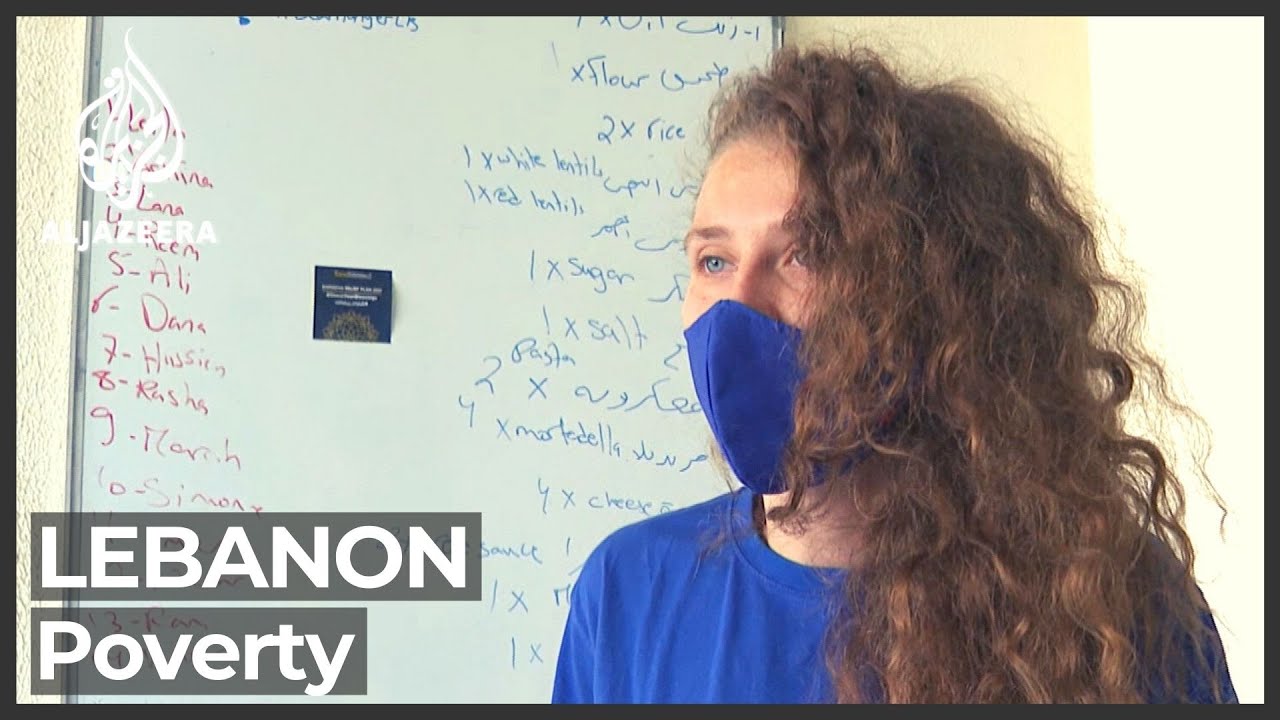More than three million Lebanese – almost half the population – are facing a tough Ramadan. The monthly cost of iftar, or the meal to break their fast, now costs 2.5 times the minimum wage. The World Bank says food prices there have become the highest in the region. Al Jazeera’s Zeina Khodr has more from Beirut, Lebanon.
Al Jazeera


Leave a Reply
You must be logged in to post a comment.